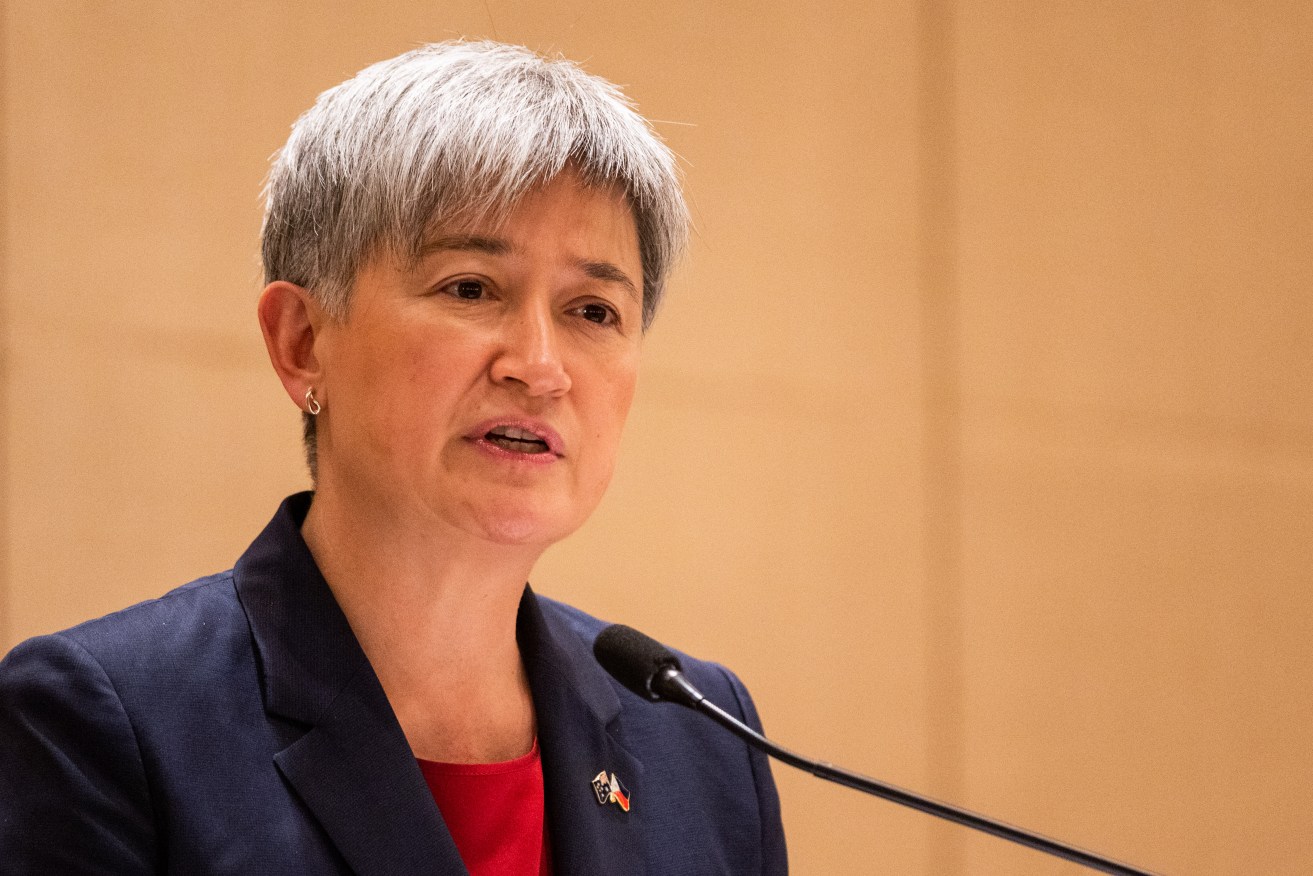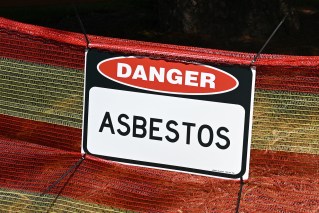Aust, NZ navigate AUKUS, China in trans-Tasman talks

Southeast Asian leaders have descended on Melbourne for high-level talks, as Australia unveiled more than $260 million in development and maritime funding. Photo: Getty
At the risk of antagonising China, New Zealand will explore deepening military ties with Australia, the US and UK at a trans-Tasman meeting.
On Thursday, Australian and New Zealand defence and foreign ministers meet in Melbourne for the first time as a foursome, at the inaugural ANZMIN meeting.
Deputy Prime Minister Richard Marles and Foreign Minister Penny Wong will host counterparts Judith Collins and Deputy PM Winston Peters for a day of talks centred on enhancing security.
On the agenda are regional concerns in the Pacific, the broader Indo-Pacific, and the growing crisis in the Middle East.
“As our region is being reshaped, Australia and New Zealand are committed to ensuring our alliance evolves in line with our strategic circumstances, is responsive and fit-for-purpose, and that we listen and work with our Pacific partners,” Marles said.
AUKUS – Australia’s pact with the US and Britain to obtain nuclear-powered submarines – is also on the agenda, as New Zealand wants in.
The new right-leaning New Zealand coalition government has made plain its desire to join pillar two of the AUKUS agreement, which centres on advanced technology sharing, including AI and cyber warfare, and military interoperability.
“I’ve already said to the Australian defence minister (Marles) that we are interested … I’m sure that’s something that we’ll discuss [on Thursday],” Collins said.
Since taking office in November, Chris Luxon’s government has moved quickly to position New Zealand alongside traditional allies in Canberra and Washington, both through speeches and action.
Last month, New Zealand responded to a US request to deploy defence personnel to a regional mission to counter Houthi attacks on commercial ships passing through the Red Sea.
“The Luxon government has come out the gates strongly signaling its intention to position NZ closer to the AUKUS powers,” University of Waikato senior lecturer Reuben Steff said.
“This is logical given shared liberal democratic values and the vital security interest they all have in upholding and defending the rules-based international order.”
The positioning also means New Zealand must walk a careful line as it tilts its proudly independent foreign policy more deeply towards AUKUS nations.
“This may concern China given it has praised New Zealand for its ‘strategic autonomy’, but in a deteriorating strategic environment Wellington needs to make long-term calculations that maximise its interests,” Steff said.
New Zealand has benefited greatly from engagement with China since signing a trailblazing free trade pact in 2008.
While it has protested at China’s human rights abuses in Xinjiang and Hong Kong and assertiveness in the South China Sea, New Zealand has managed relations with Bejiing adeptly, without significant pushback.
Collins rebuffed suggestions New Zealand was too close to China, or was naive to the superpower’s threat.
“Just because we don’t say things, doesn’t mean to say we don’t know things. And just because we’re quiet, doesn’t mean to say we’re stupid,” she said.
“We’re very aware of the changing geopolitical times in the world.
“China has been a good economic friend to us … we just have to always be alive to stuff.”
Another coalition partner, ACT party leader David Seymour, has been an outspoken critic of the autocratic Chinese regime.
He backed Kiwi diplomats, including government ministers, to maintain strong relations.
“New Zealand has traditional alliances with the likes of Five Eyes and we have a critical trading relationship with China,” Seymour said.
“There is tension between those blocs and every government must navigate that.
“The relationship evolves and I think so far we’re doing a good job of balancing it.”
New Zealand’s exploration of AUKUS ties has drawn detractors at home, in part due to Kiwis’ strong opposition to nuclear.
-AAP








